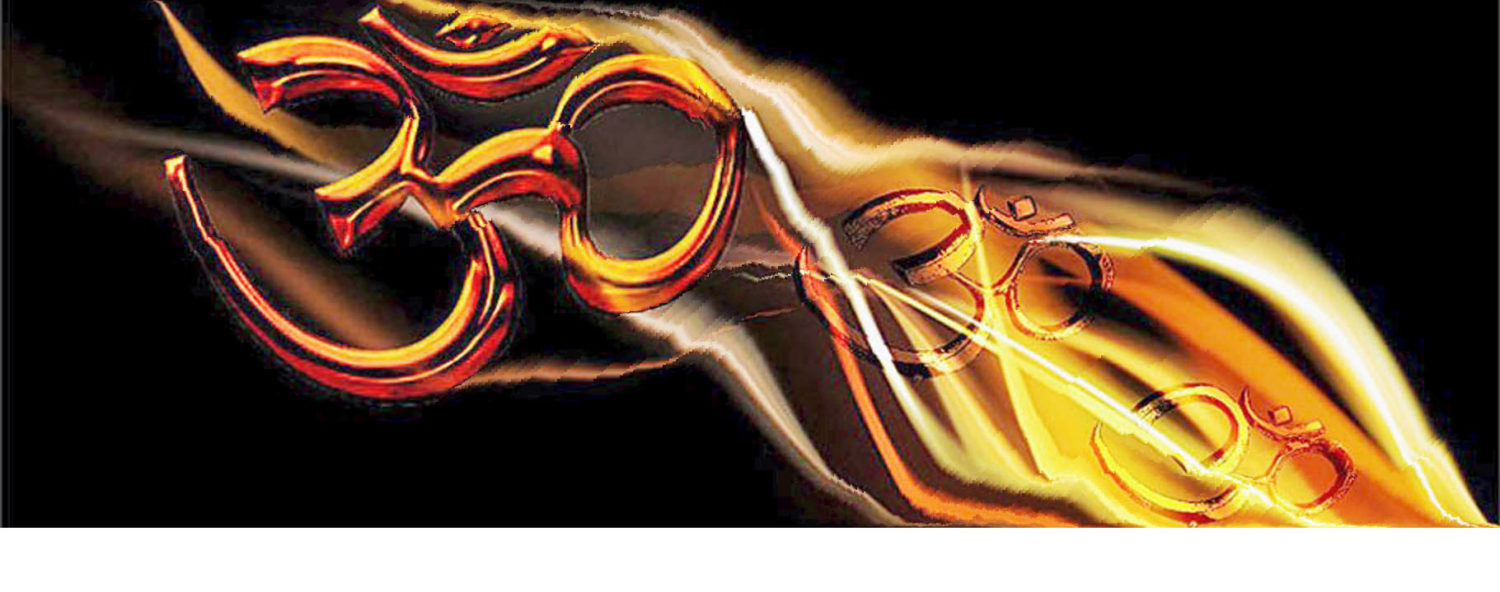Keep away from the evil-minded – Ramakrishna
Sri Ramakrishna Paramahamsa addressed his words particularly to a young man of nineteen, named Narendranath, who was a college student and frequented the Sadharan Brahmo Samaj. His eyes were bright, his words were full of spirit, and he had the look of a lover of God.
How the spiritually minded should look upon the worldly
M. (Mahendranath Gupta) guessed that the conversation was about worldly men, who look down on those who aspire to spiritual things. The Master was talking about the great number of such people in the world, and about how to deal with them.
MASTER (to Narendra): “How do you feel about it? Worldly people say all kinds of things about the spiritually minded. But look here! When an elephant moves along the street, any number of curs and other small animals may bark and cry after it; but the elephant doesn’t even look back at them. If people speak ill of you, what will you think of them?”
NARENDRA: “I shall think that dogs are barking at me.”
God in every being
MASTER (Smiling): “Oh, no! You mustn’t go that far, my child! (Laughter). God dwells in all beings. But you may be intimate only with good people; you must keep away from the evil-minded. God is even in the tiger; but you cannot embrace the tiger on that account. (Laughter).
You may say, ‘Why run away from a tiger, which is also a manifestation of God?’ The answer to that is: ‘Those who tell you to run away are also manifestations of God – and why shouldn’t you listen to them?’
Parable of the “elephant God”
Let me tell you a story. In a forest there lived a holy man who had many disciples. One day he taught them to see God in all beings and, knowing this, to bow low before them all. A disciple went to the forest to gather wood for the sacrificial fire. Suddenly he heard an outcry: ‘Get out of the way! A mad elephant is coming!’ All but the disciple of the holy man took to their heels. He reasoned that the elephant was also God in another form. Then why should he run away from it? He stood still, bowed before the animal, and began to sing its praises. The “mahut”, keeper of the elephant was shouting: ‘Run away! Run away!’ But the disciple didn’t move. The animal seized him with its trunk, cast him to one side, and went on its way. Hurt and bruised, the disciple lay unconscious on the ground.
Hearing what had happened, his teacher and his brother disciples came to him and carried him to the hermitage. With the help of some medicine he soon regained consciousness. Someone asked him, ‘You knew the elephant was coming – why didn’t you leave the place?’ ‘But’, he said, ‘our teacher has told us that God Himself has taken all these forms, of animals as well as men. Therefore, thinking it was only the elephant God that was coming, I didn’t run away.’ At this the teacher said: ‘Yes, my child, it is true that the elephant God was coming; but the mahut God forbade you to stay there. Since all are manifestations of God, why didn’t you trust the mahut’s words? You should have heeded the words of the mahut God.’ (Laughter)
It is said in the scriptures that water is a form of God. But some water is fit to be used for worship, some water for washing the face, and some only for washing plates or dirty linen. This last sort cannot be used for drinking or for a holy purpose. In like manner, God undoubtedly dwells in the hearts of all – holy and unholy, righteous and unrighteous; but a man should not have dealings with the unholy, the wicked, the impure. He must not be intimate with them. With some of them he may exchange words, but with others he shouldn’t go even that far. He should keep aloof from such people.
Gospel of Sri Ramakrishna
By Mahendranath Gupta (“M”), His Disciple
Translated from the Bengali by Swami Nikhilananda







